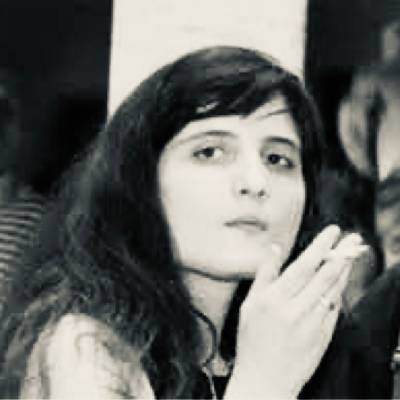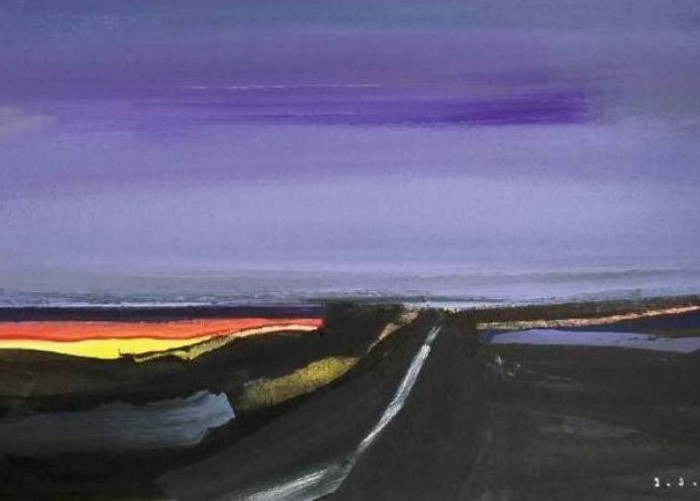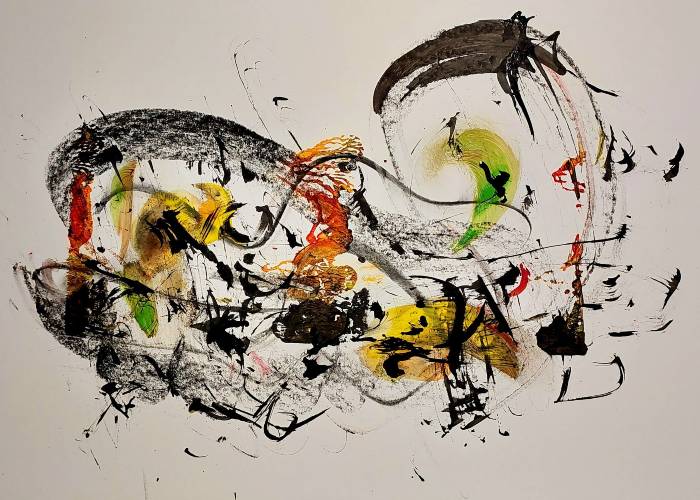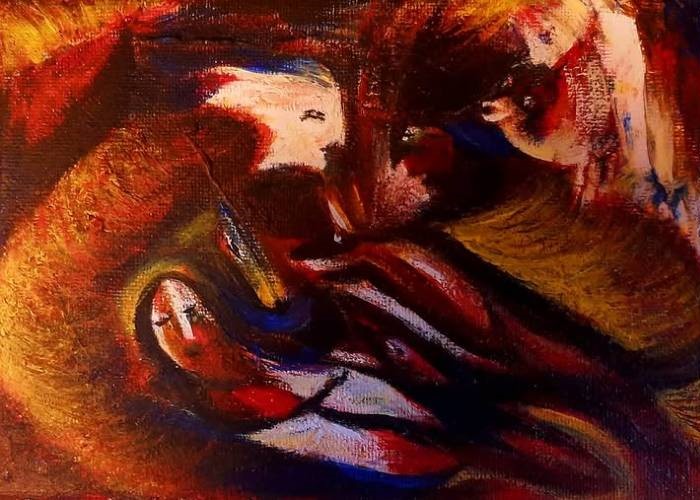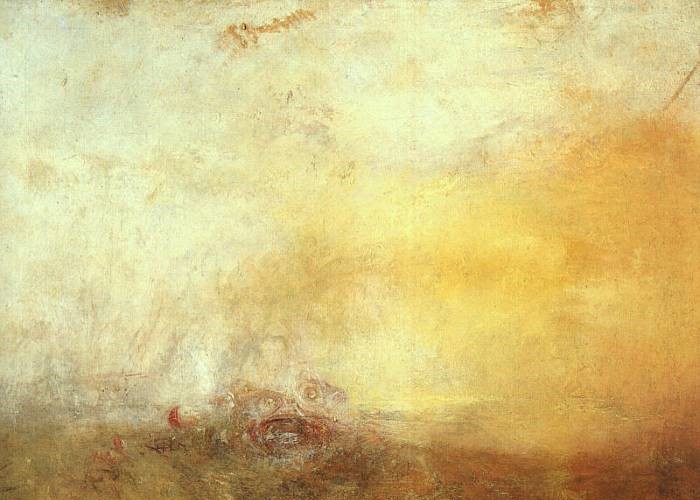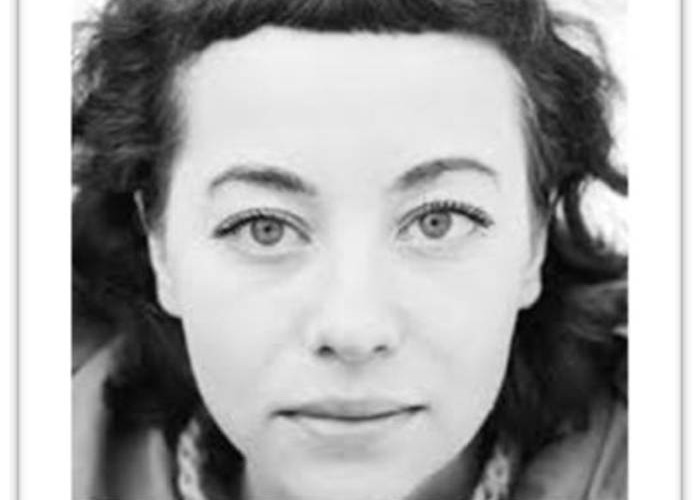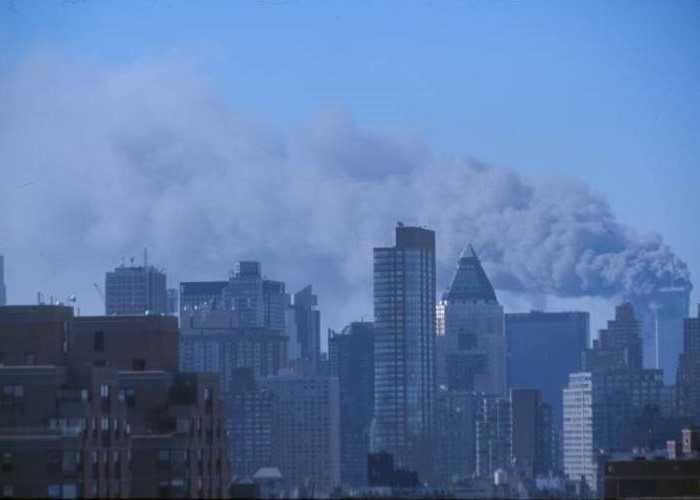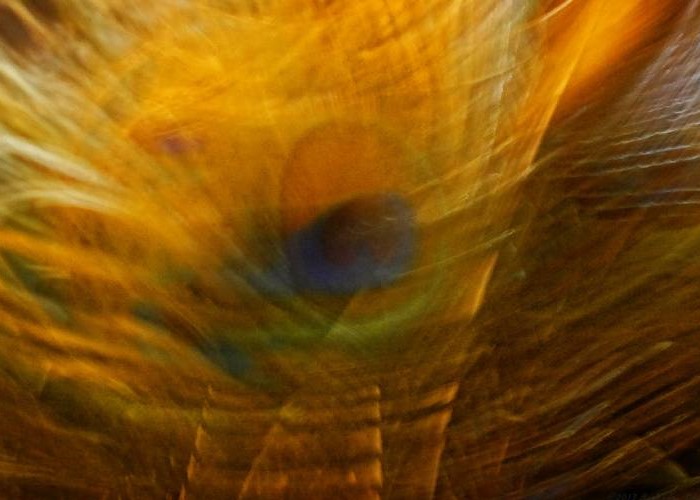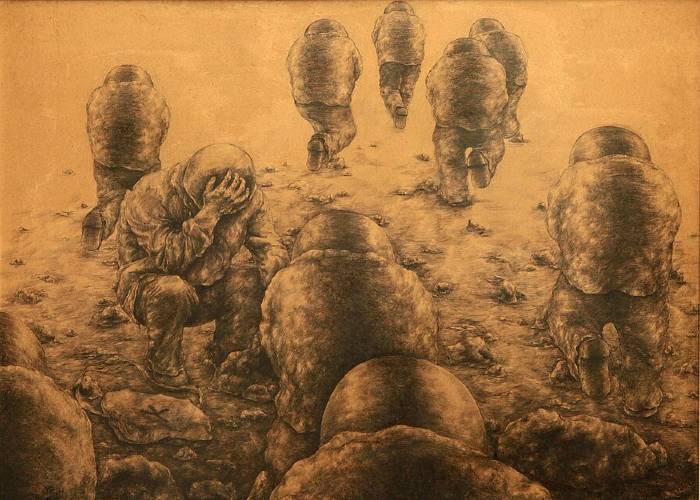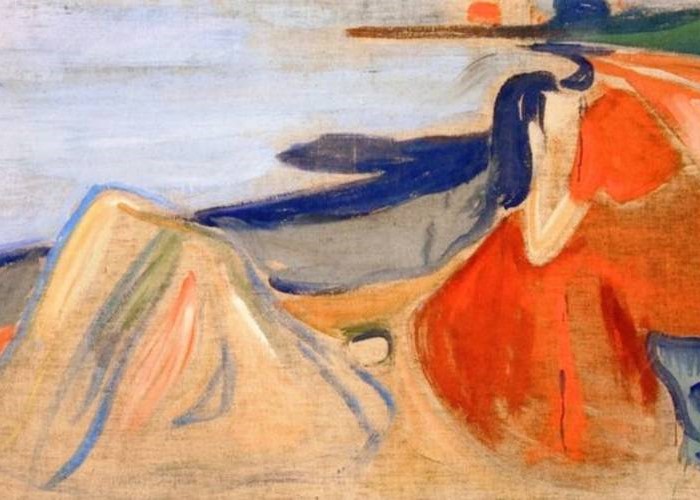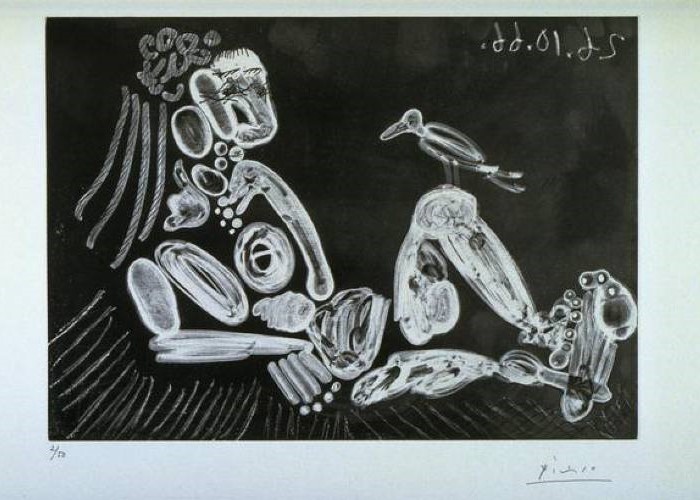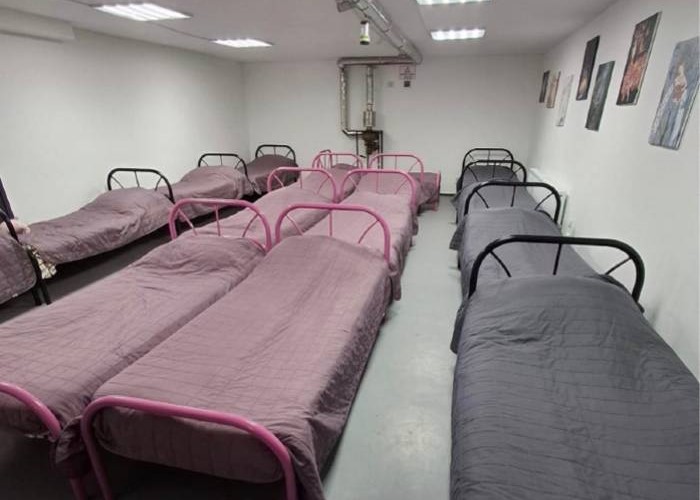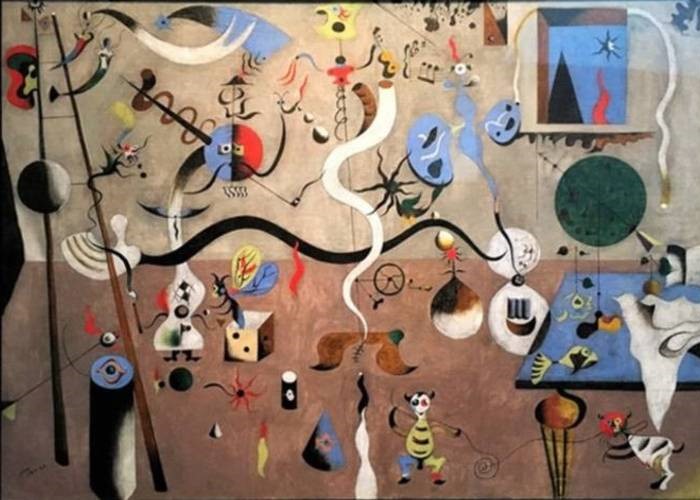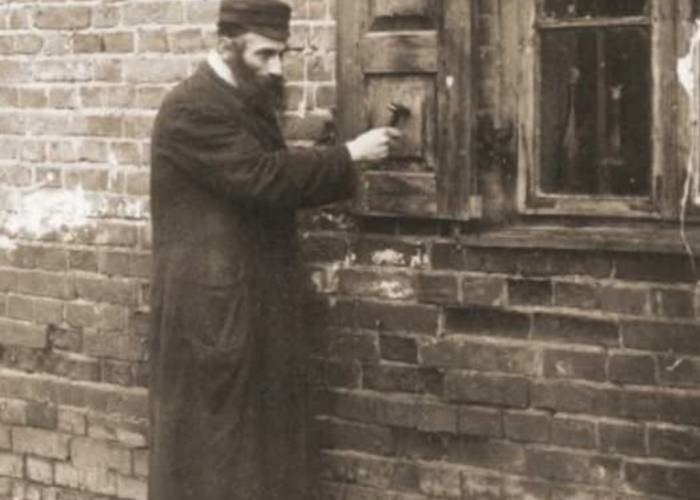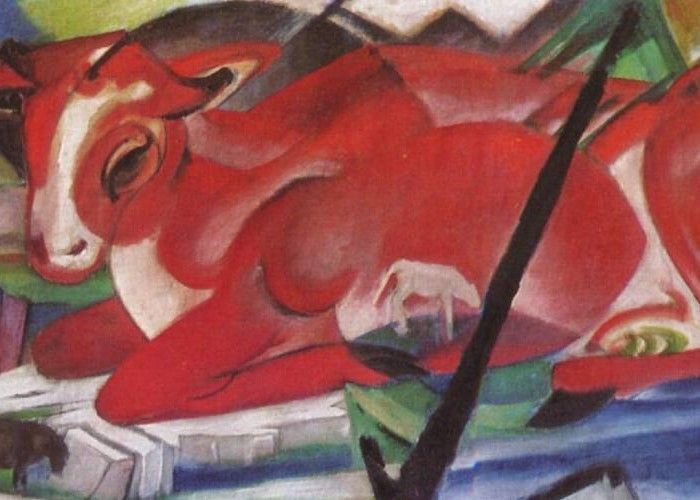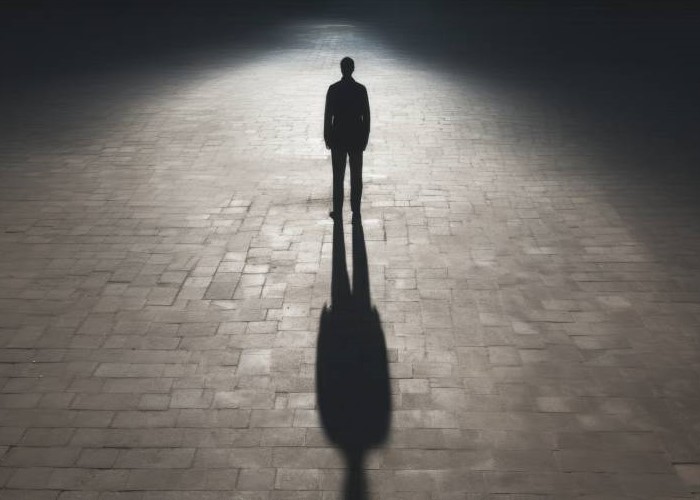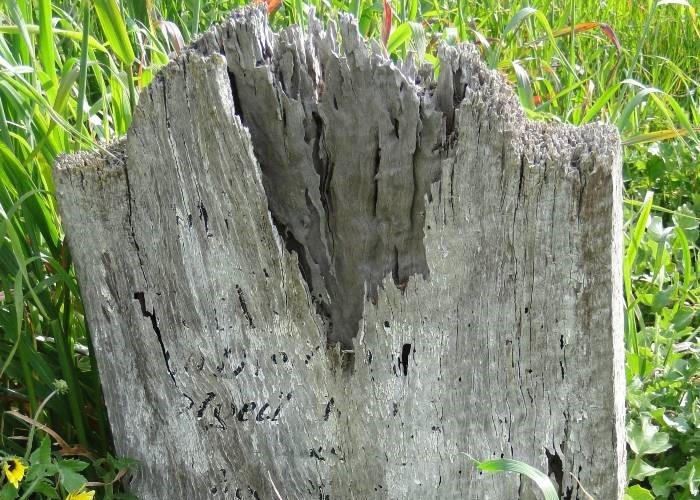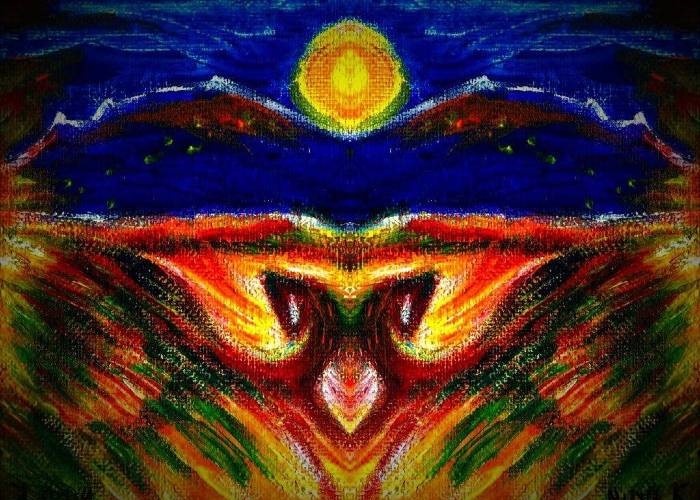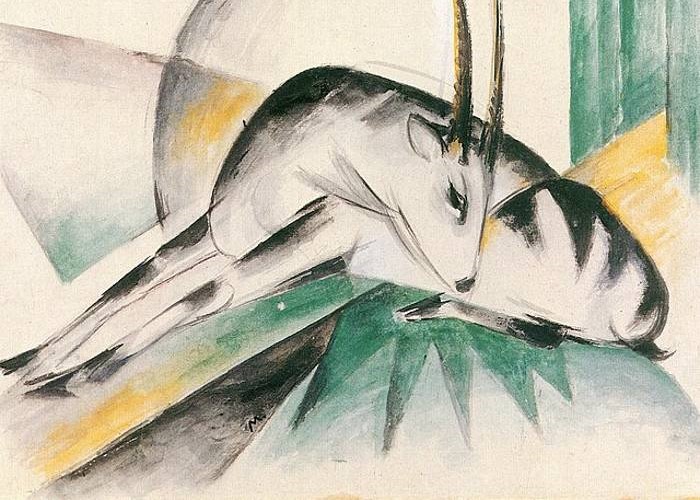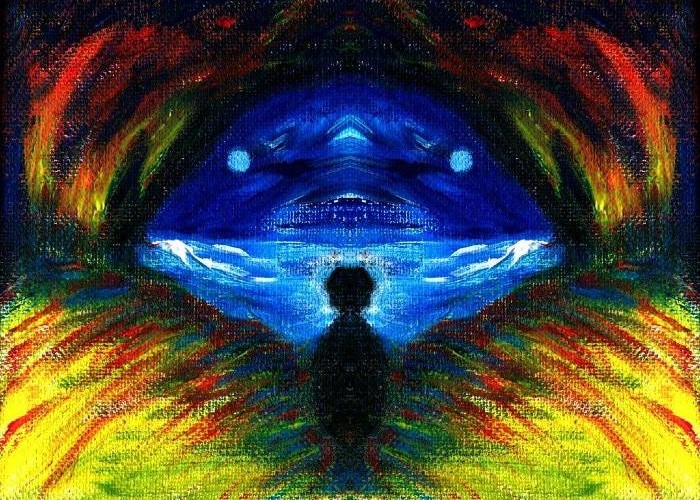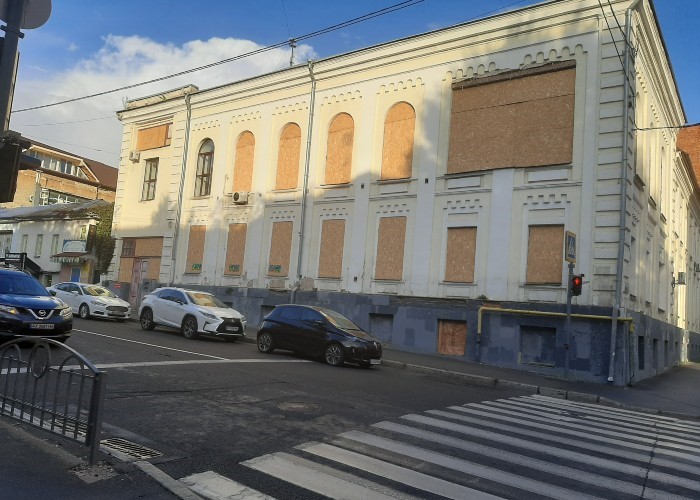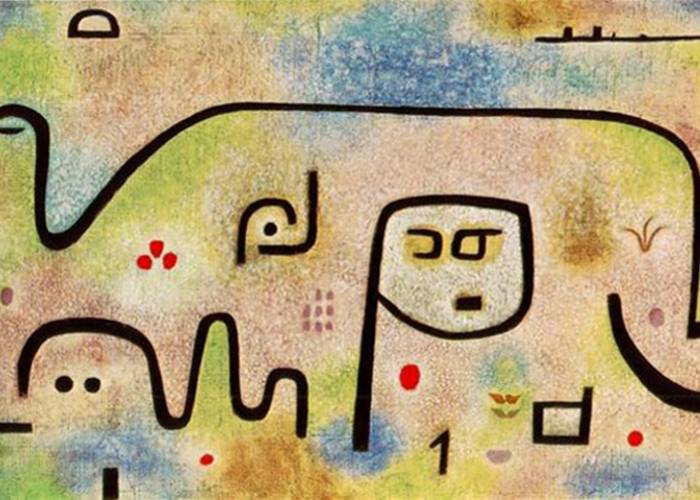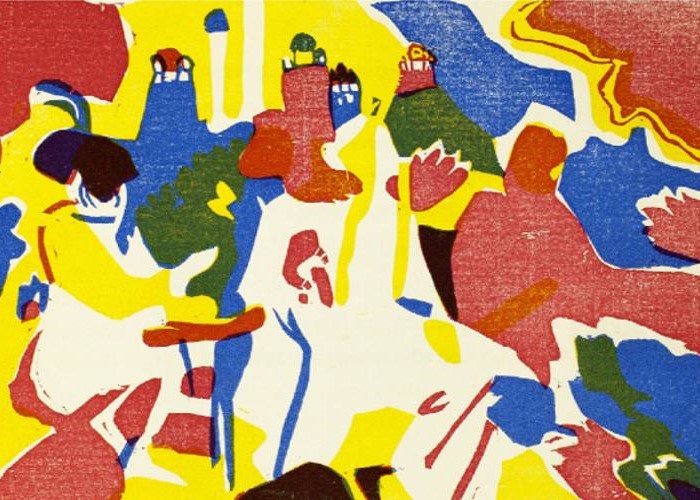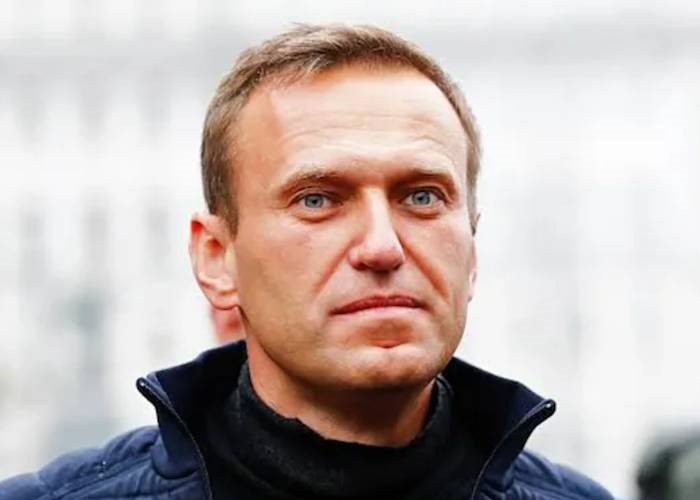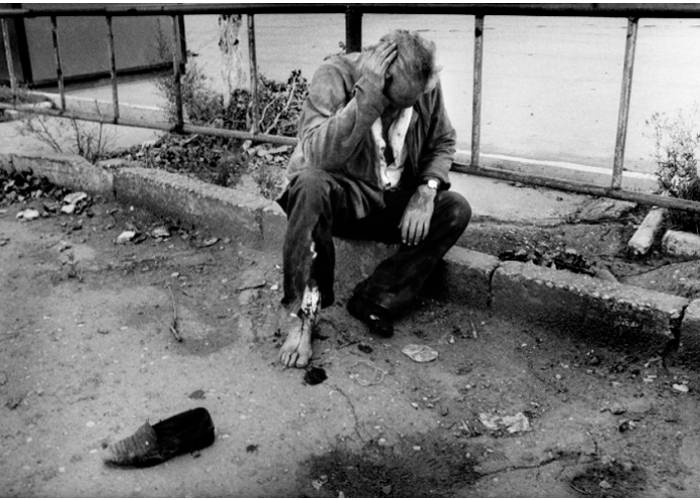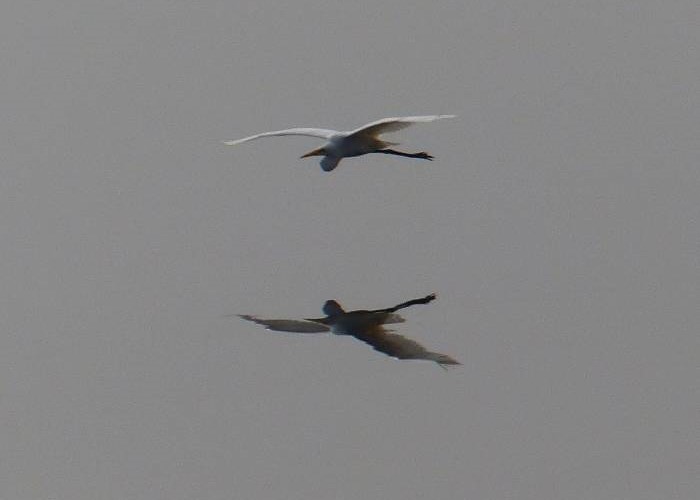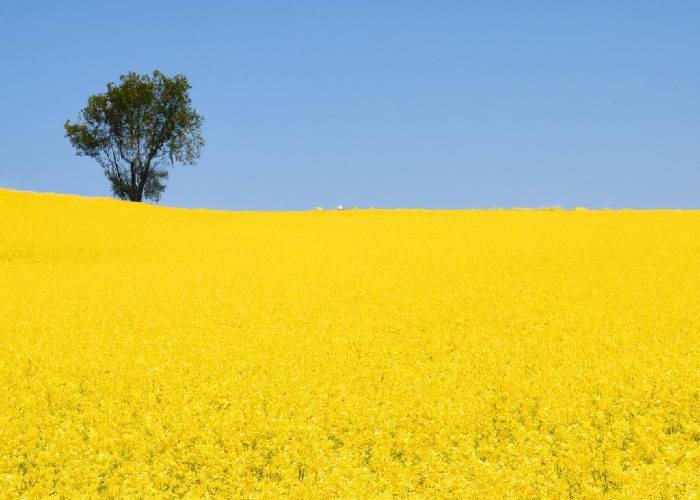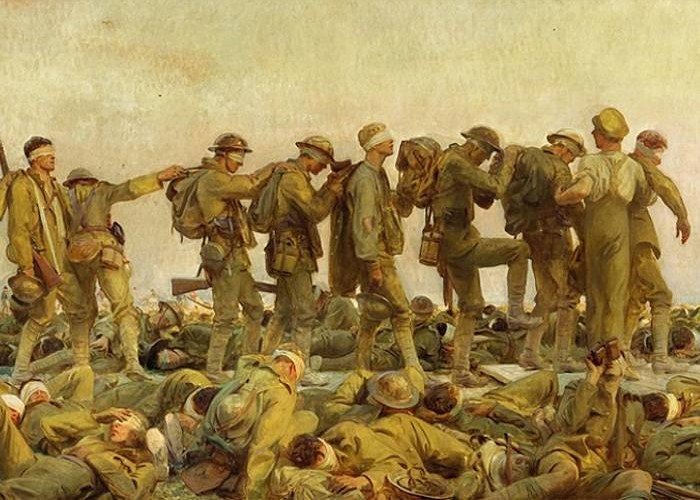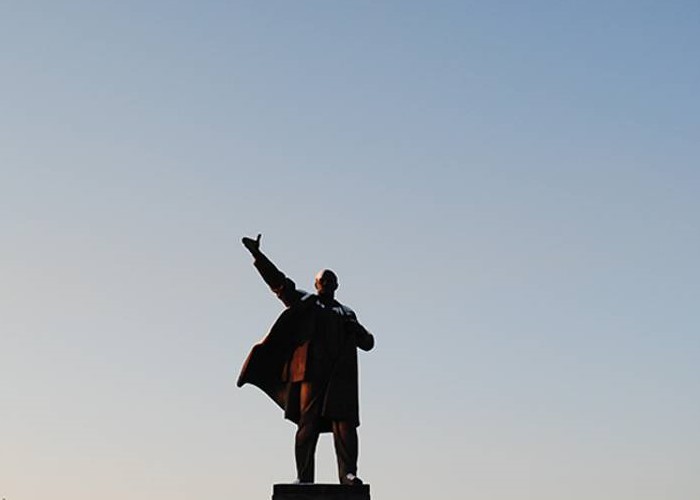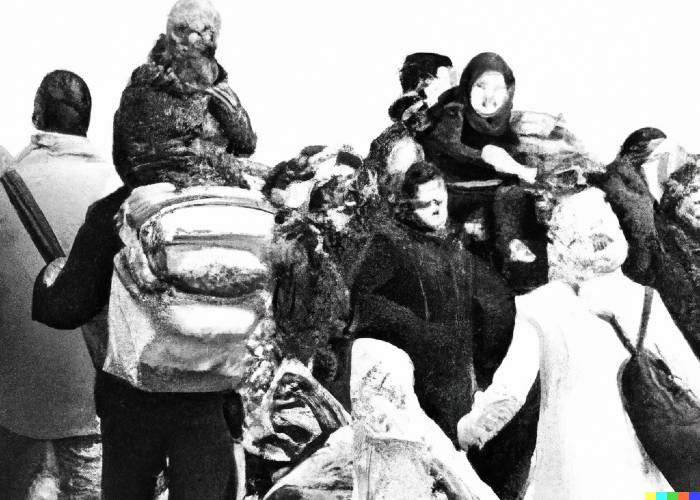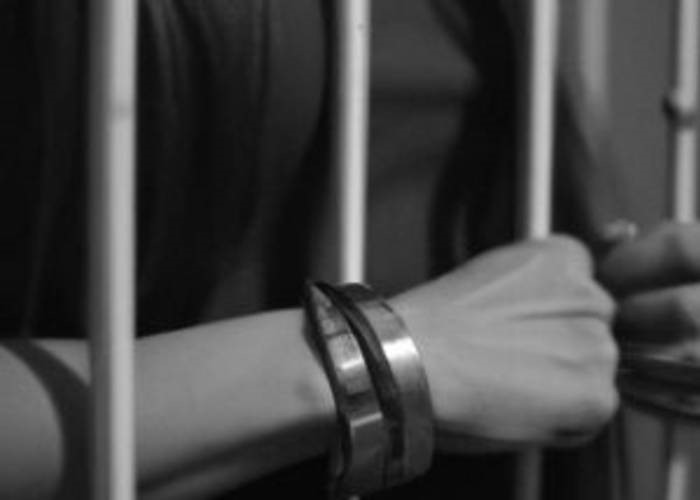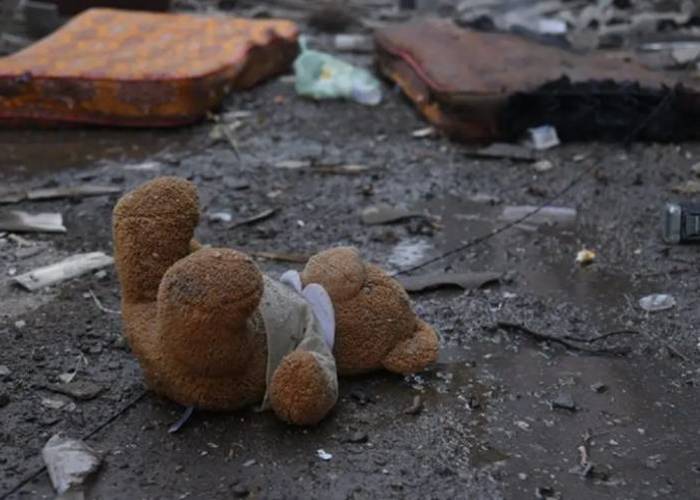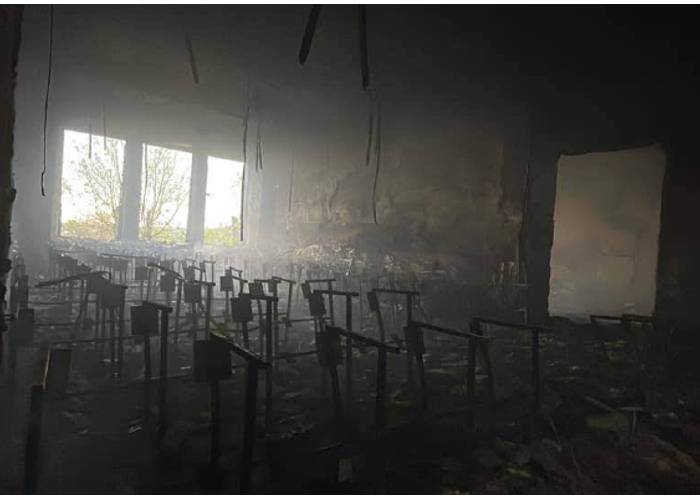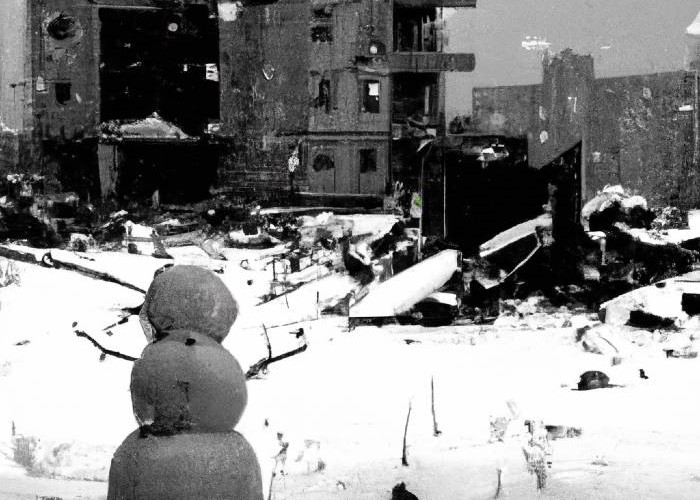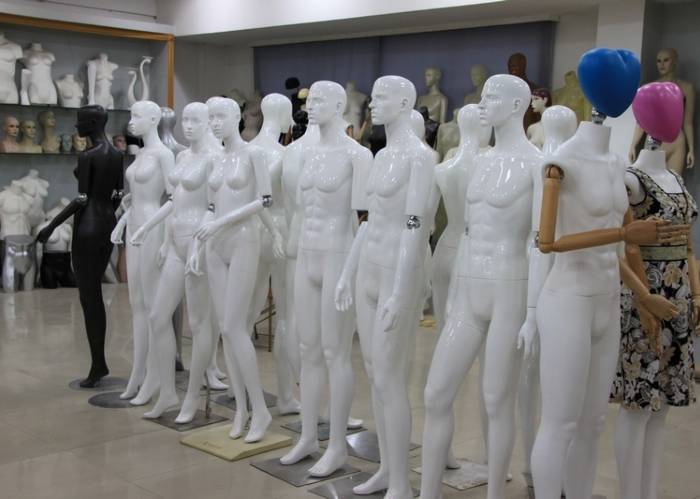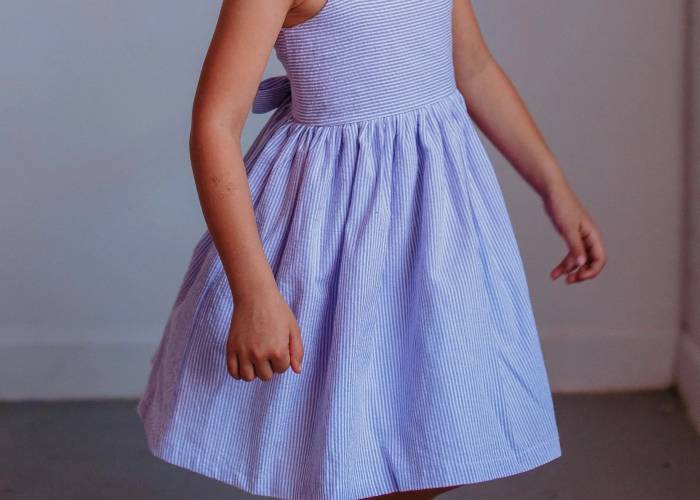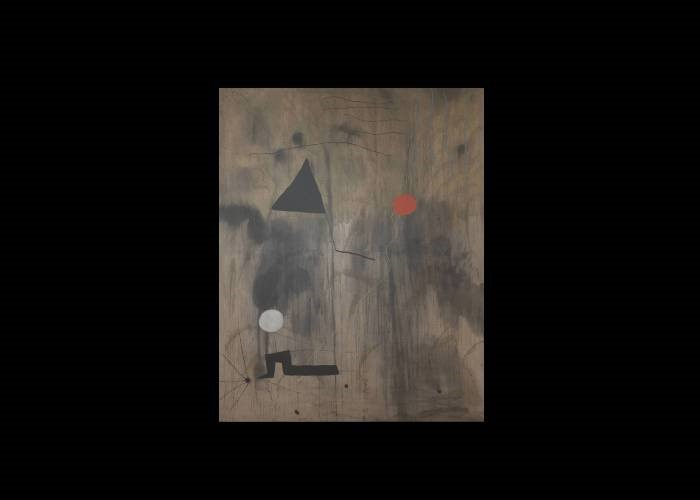Translation by Dmitri Manin
It’s scary to learn the truth about heroes:
How muffled the groan sounds inside the skull,
How slowly the cracks spread along the backbone,
How the creaky steps of a musical scale
Echo every cheerful note
With overtones of despair.
Even if, as it was seventy years ago in March,
It’s also an election of sorts—
The tiresome rhymes of history
Sound muffled, as if inside the skull.
Here’s what it’ll be like if we stop being scared:
There’ll be pain, there’ll be fear
And cold, and calories will be scarce,
And it’ll go on and on, with no relief,
And just when you think it can’t get any more painful,
The doctor will inject you with a pain enhancer.
Death will be coming slowly,
Death will bring suffering,
Death will turn out to be futile.
Plodding on the dead throat’s dry bottom,
Dragging the long seaweeds of worn-out words,
Shuffling her bare feet,
One hand resting on the staff of despair,
The other on the aching cracks along the backbone—
Love will come, having barely lost the right of speech,
Deprived of language,
Calling despair — hope,
And she’ll name everything she sees:
Like forgotten boats from the dead throat’s bottom,
New names will float up to the surface —
And there’ll be a name for our death,
Even for our fear,
And we thought we didn’t need it anymore —
That’s what will happen when we stop being scared,
That’s what happened when we stopped being scared.
The Original
Страшно знать правду о героях —
Как глухо звучит стон внутри черепной коробки,
Как долго бегут трещины по позвоночнику,
Как поскрипывает лесенка звукоряда
К каждой веселой ноте
Обертонами отчаяния.
Даже если, как семьдесят лет назад, в марте —
Тоже своего рода выборы —
Утомительные рифмы истории
Звучат глухо, словно внутри черепной коробки.
Вот что будет, если мы перестанем бояться —
Будет больно, и будет страшно,
Холодно, не будет хватать калорий,
И это будет надолго, никакого просвета,
А если покажется, что больней быть уже не может,
Врач поставит укол, который усилит боль.
Смерть будет идти долго,
Смерть принесет горе,
Смерть окажется бесполезной.
По пересохшему дну мертвого горла,
Подтягивая за собой водоросли ослабевших слов,
Шаркая босыми ногами,
Опираясь одной рукой на отчаяние,
Другой на нытье трещин вдоль позвоночника,
Придет любовь, потерявшая было право речи,
Лишенная языка,
Называя отчаяние надеждой —
Все, что увидит, она назовет по имени —
Как забытые лодки, со дна мертвого горла
На поверхность всплывают новые имена —
И для нашей смерти есть имя,
Даже для страха,
А мы думали, он больше не нужен —
Вот что будет, когда мы перестанем бояться,
Вот что стало, когда мы перестали бояться.
2
Translation by Maria Bloshteyn
Back in Russia, state enemies spring up like weeds,
autumn ends but you barely rest your poor bones,
as snow blasts its way up your nose like cocaine,
and blizzards arrive, the slaves of gigantic cyclones.
A melody does reach the heart now and then,
but it’s quick to fade out as the sirens begin to sing,
the sailors head for the stairs, plugging their ears,
while the satiny sails flap and flutter like wings.
The ship then transforms, becoming a nocturnal bird,
a yellow-eyed owl on the night’s shattered border,
molten air at our back is quick to congeal into curd,
we thought the apocalypse would be shorter.
You, who lived in the moment!—She turns around,
a young Jewish girl, so porcelain-hard even death
couldn’t quite disappear her, an echoing sound
must travel for eons to plumb her eyes’ depths.
The desert bore flowers for you, how it groaned,
exhausted, unpracticed, afraid it would fail,
it gathered you in and ascended the Phrygian scale,
now barren and broken until the last trumpets have blown.
The Original
В России после дождя враги растут, как грибы,
Закончится осень, чуть дашь позвоночнику роздых,
Морозные вихри, гигантских циклонов рабы,
И снег кокаиновой пылью вгрызается в ноздри.
Конечно, бывает, сквозь сердце пробьется мотив,
Он скоро утонет в руладах сирен сладкогласных,
Матросы выходят на лестницу, уши закрыв,
А в воздухе хлопает крыльями парус атласный.
И этот корабль, он становится птицей ночной,
Точней, желтоглазой совой на развалинах ночи,
Расплавленный воздух спешит отвердеть за спиной,
Мы думали, что апокалипсис будет короче —
Постой, ты жила настоящим! — она обернется,
Еврейская девушка, тело плотнее фарфора
И в смерти не станет прозрачным, и эхо в колодце
Глубокого глаза до дна доберется нескоро —
Пустыня так трудно растила цветы для тебя,
Забыла, отвыкла, откуда и взять столько силы,
Стонала, когда по ступеням под сердцем носила
В сквозной звукоряд, где теперь только трубы трубят.
